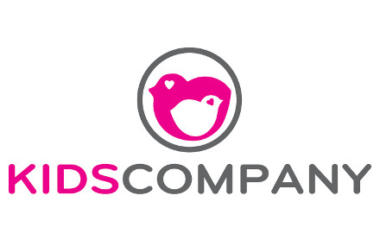The trustees were blamed for the fall of Kids Company, but what should they have done differently? John Williams examines the most common failings of charity boards.
At Trustee Exchange recently, I addressed the lessons for trustees and Chairs from Kids Company, and indeed the whole wave of crisis and criticism over the last 12 months. It is clear that in some areas and in some charities, there is a governance gap between current practice and best practice, what we should do and what we actually do, that raises the risk of any of us being the next Kids Company.
There are many areas of small improvements that could make a big difference. But I offer seven absolutely central elements that trustee boards ignore at their peril - my seven deadly sins of poor governance:
No formal board evaluation
I pick up more uncertainty and evasion over this core task than any; of course we don’t like to be assessed and it’s a tricky process, if genuinely 360, but it’s essential to evaluating board performance, and providing once a year a proper step back to ask: are we happy with how we are performing? It’s not enough to be a quick AOB at the end of a long board.
Lack of finite terms of office
There is a growing consensus that it is unhealthy for good governance for too many trustees to stay in post for too long. It risks complacency and stagnation. It was a clear issue at Kids Company with a Chair in post for 12 years working with a CEO of 19 years. To progress and prosper, charities need the disruption of fresh eyes, fresh ideas and fresh momentum. Make sure your governing document has formal terms of office, then stick to them.
Not enough attention to sustainability and risk
Many charities live on the financial edge, and know how precarious funding streams can be. But that can encourage short-termism and an acceptance of financial instability. The biggest responsibility of trustees is to do all they can to ensure the long term viability of their charities: to see the lifetime value of donors; to ensure they do not over-rely on one source of income; and to take seriously the value of holding adequate reserves. Is the risk register a working document or a once a year box ticking exercise? And do you rely on your finance sub-committee too much?
Skimping on trustee recruitment
Finding good trustees is a challenge; creating a good skills mix and genuine diversity is hard; but continuing to rely on your own networks will yield a vanilla board. There is no excuse. The internet and social media make advertising easier. The key is to plan ahead, and ideally recruit more than one trustee at a time, which is more likely to give you a diverse mix.
Lack of engagement between meetings
If some of your trustees only engage by turning up to regular board meetings, that’s a red flag. You cannot expect trustees to be sufficiently informed, engaged and committed on that basis. But they can be busy - Chairs need to compete for their time and attention. So you have to get them under the skin of the organisation, meeting staff and beneficiaries, joining sub-committees or working parties, having the chance to socialise with their fellow trustees. (Wine is an underrated aid to good governance.)
Lack of respect, especially for the SMT
This is an unspoken issue at the heart of many governance failures. It’s not just about the Chair-CEO relationship, but about a mutual lack of understanding and empathy which can lead to a lack of respect, and sometimes hostility, between trustees and senior management. Start by asking your CEO how their management team feel about board meetings.
No investment in induction and training
Being a trustee is hard work. However impressive your CV and professional background, the job needs to be learned to do it well. You should want to grow in the job. Yet the evidence we have is that many charities do not invest in the training and development of their trustees. Inductions can be cursory. If boards all set aside a proper trustee training budget, it would start to challenge the assumption that unpaid trustees are somehow less professional.
Seven sins. And a few solutions. But of course these sins do not apply to your charity. Do they?
John Williams is vice chair of the Association of Chairs








